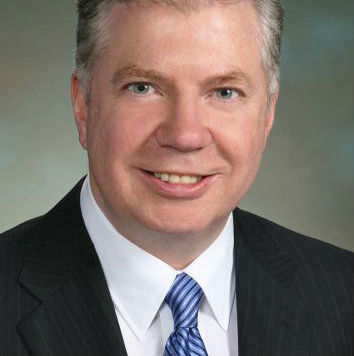This morning Seattle Mayor Ed Murray announced his intention to sign an executive order directing department heads to develop a comprehensive plan for raising the minimum wage for city employees to $15 an hour. While the new mayor previously created an advisory committee tasked with coming up with recommendations for raising the minimum wage in the private sector within four months, Murray says he believes the city can move “much faster than that,” and should “set an example,” on the minimum wage front.
Ben Noble, the city’s new budget director, said he believes there are approximately 600 jobs – from ushers at Seattle Center to some park attendants – who currently make less than $15 an hour. All, however, currently make more than $10 an hour, according to Noble. Murray said there’s no firm dollar figure on how much it will cost to make the change at this point, but that he’s heard “through the media” that it will cost around $700,000 a year. Murray promised to provide firmer details when they become available, pointing out that his staff has only been on the job for three days.
Murray, however, did tell the gathered press on hand that he believes it’s within the city’s means to raise the minimum wage for city employees without generating new revenue, noting at least twice that King County – which he said has faced much tougher budgets recently – pays all its employees more than $15 an hour.
“When the county is able to pay at least $15 an hour, I believe the city can at least reach that level,” Murray said.
As is his style, Murray also was quick to note that the process of making Seattle a more livable and affordable city will take collaboration on all fronts, and that simply raising the minimum wage won’t solve the problem by itself.
“There is a real danger that it becomes a slogan,” Murray said of the $15 an hour minimum wage push. The mayor indicated that improvements in education and help to get homeowners out from underwater would also be key.
“By itself [a $15 an hour minimum wage] will not be the difference in raising people out of poverty,” Murray said. “We have a lot more to do.”








